Vietnam War Era Journalist and Activist Fred Branfman Dies at 72
Truthdig contributor Fred Branfman, who was among the first to inform the world that the aerial war in Vietnam had spilled into neighboring Laos, and who campaigned to end the war, died of ALS on Sept. 24 at his home in Budapest.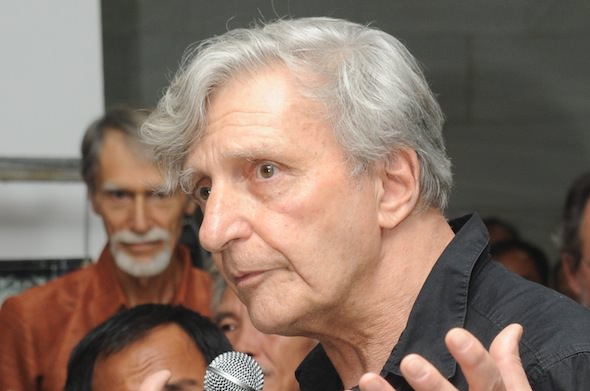
Truthdig contributor Fred Branfman, who was among the first to inform the world that the aerial war in Vietnam had spilled into neighboring Laos, and who campaigned to end the war, died of ALS on Sept. 24 at his home in Budapest. He was 72 years old.
The Los Angeles Times tells the story of Branfman, a young American aid worker in 1969, discovering an ancient pagoda in the Laotian capital of Vientiane packed with refugees. Branfman interviewed more than 1,000 of them. “Every single one told the same story” of homes and loved ones killed by American military action, he said in the 2008 documentary “The Most Sacred Place on Earth.”
Branfman published first-person accounts from survivors of the Laos bombing raids in a book titled “Voices From the Plain of Jars,” published in 1972 and reissued last year.
Antiwar activist Tom Hayden, who worked with Branfman during and after the Vietnam War, said of the journalist: “He was a resource… invaluable when you’re trying to figure out something in a strange and foreign land. … He interviewed those peasants, he had their narrative. He was important in putting a human face on Cambodia, Laos and Vietnam. He was also very effective in providing information to members of Congress.”
In the rush of mainstream reporting on the war in Laos that followed Branfman’s first reports, The Washington Post cited American officials close to the war efforts as saying, “Laos has been the most heavily bombed country in the history of aerial warfare.”
The Times supplied more details about Branfman’s life of work:
Born in New York City on March 18,1942, Branfman received a bachelor’s degree in political science from the University of Chicago in 1964 and a master’s in education from Harvard in 1965. He wanted to work in the inner city teaching elementary school. Instead, he wound up applying for a draft deferment and teaching in Tanzania. He was in Laos from 1967 to 1971, when he returned to the U.S. and joined the antiwar movement as head of Project Air War and the Indochina Resource Center.
He later was co-director of the California Public Policy Center, an arm of Hayden’s Campaign for Economic Democracy, championed solar energy and headed the office of research in the first administration of California Gov. Jerry Brown.
The Times quotes Hayden as saying this week: Branfman “was personally very affectionate and tied to the villagers he met. … He always mourned their suffering.”
Read more here.
— Posted by Alexander Reed Kelly.
Your support matters…Independent journalism is under threat and overshadowed by heavily funded mainstream media.
You can help level the playing field. Become a member.
Your tax-deductible contribution keeps us digging beneath the headlines to give you thought-provoking, investigative reporting and analysis that unearths what's really happening- without compromise.
Give today to support our courageous, independent journalists.
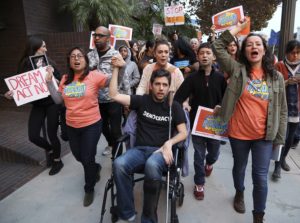
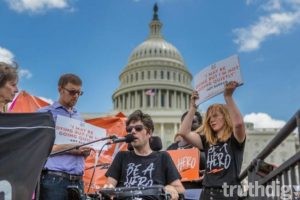
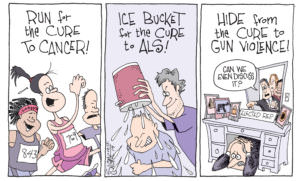

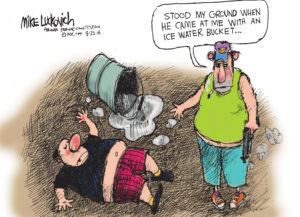
You need to be a supporter to comment.
There are currently no responses to this article.
Be the first to respond.